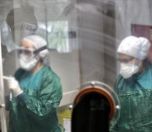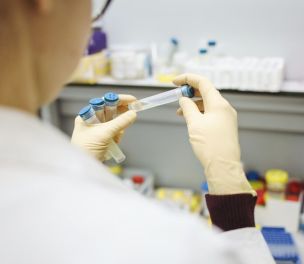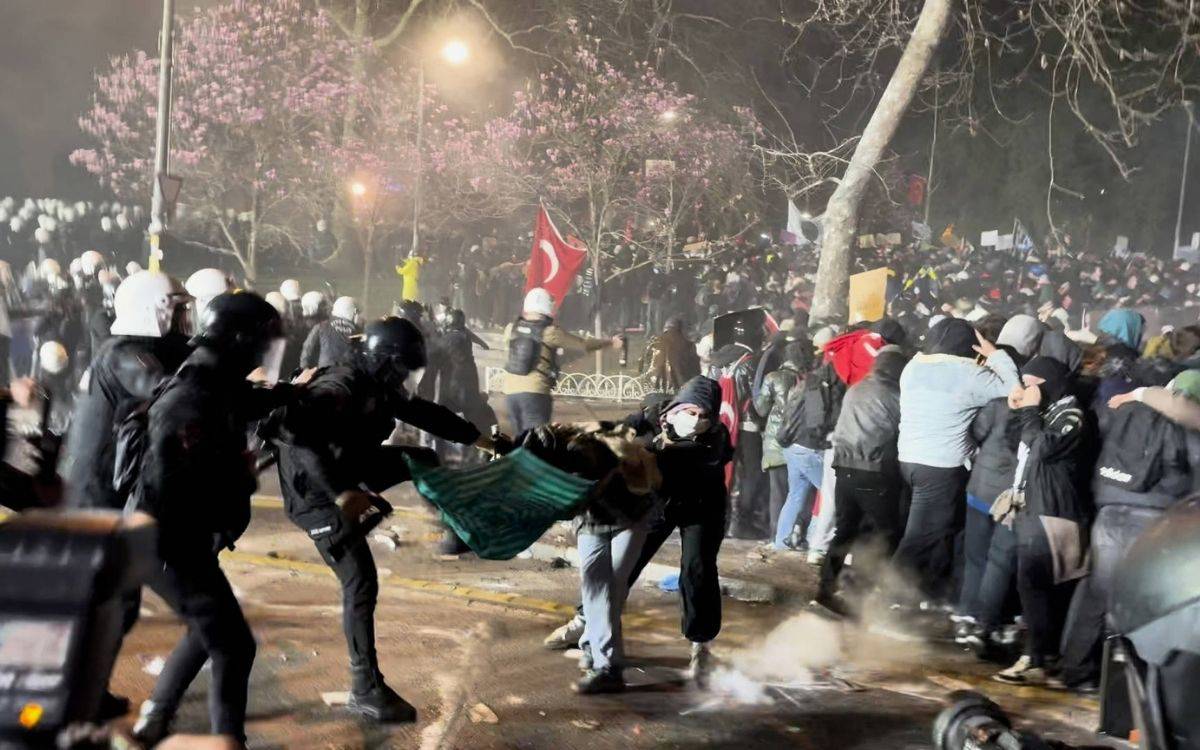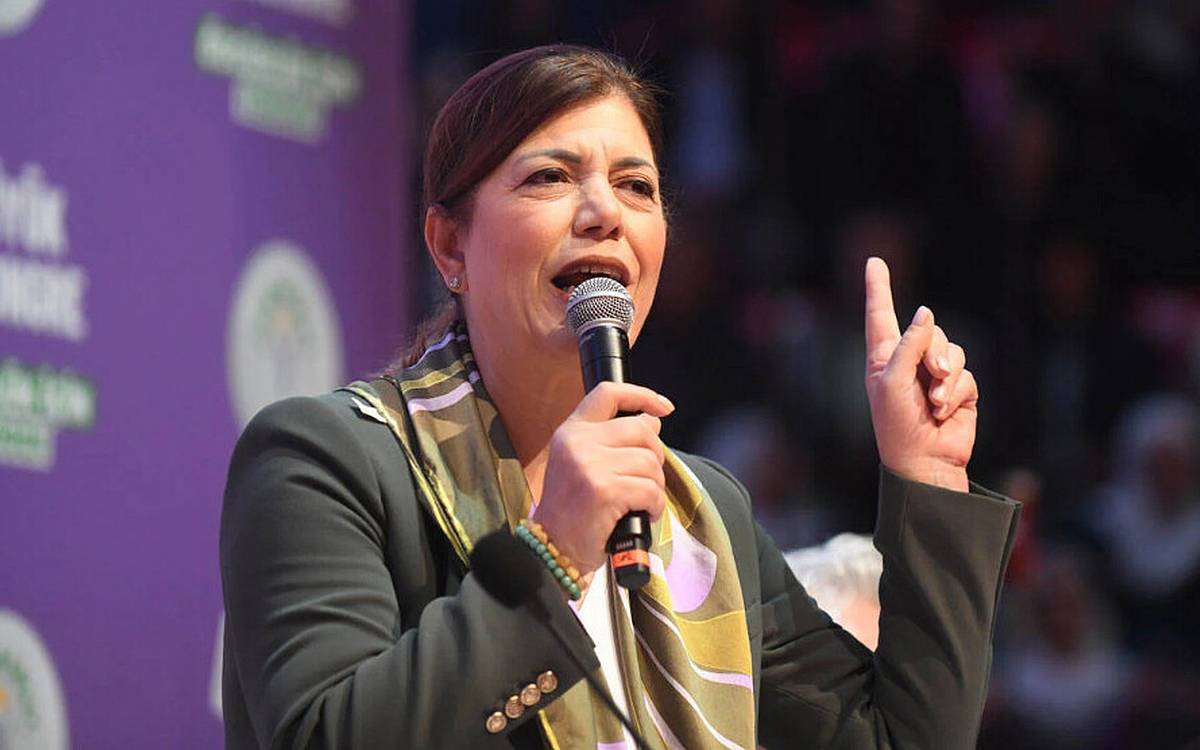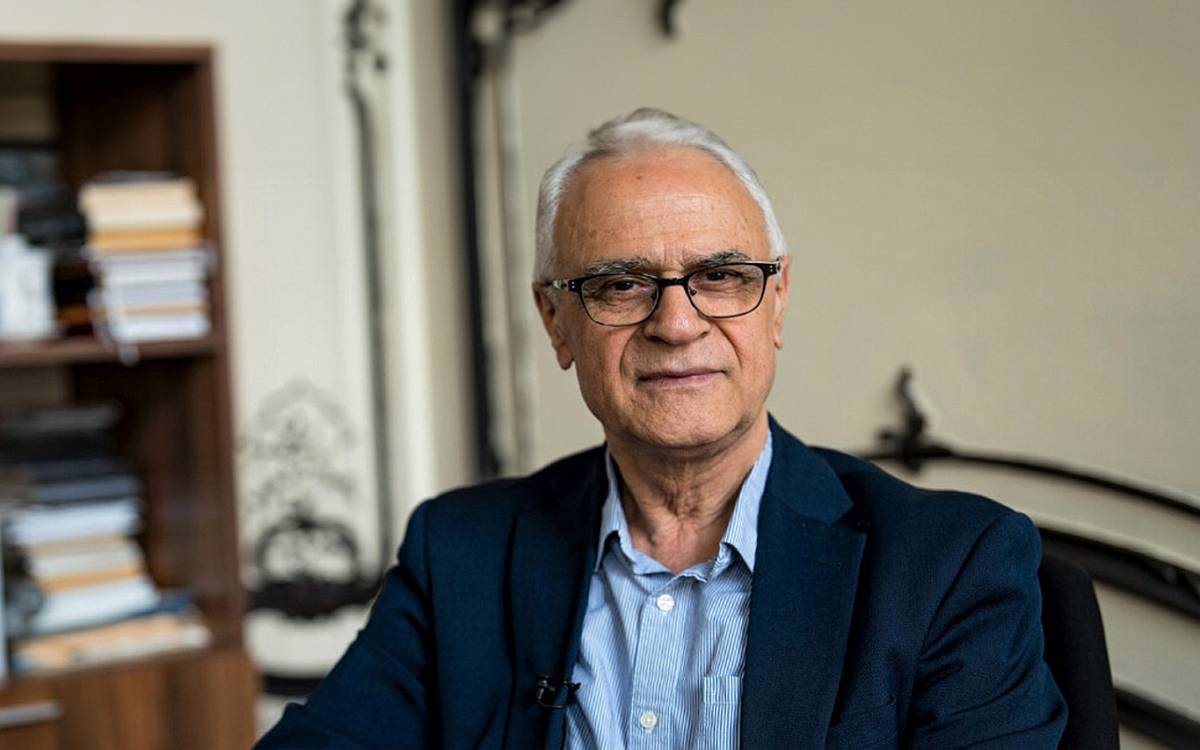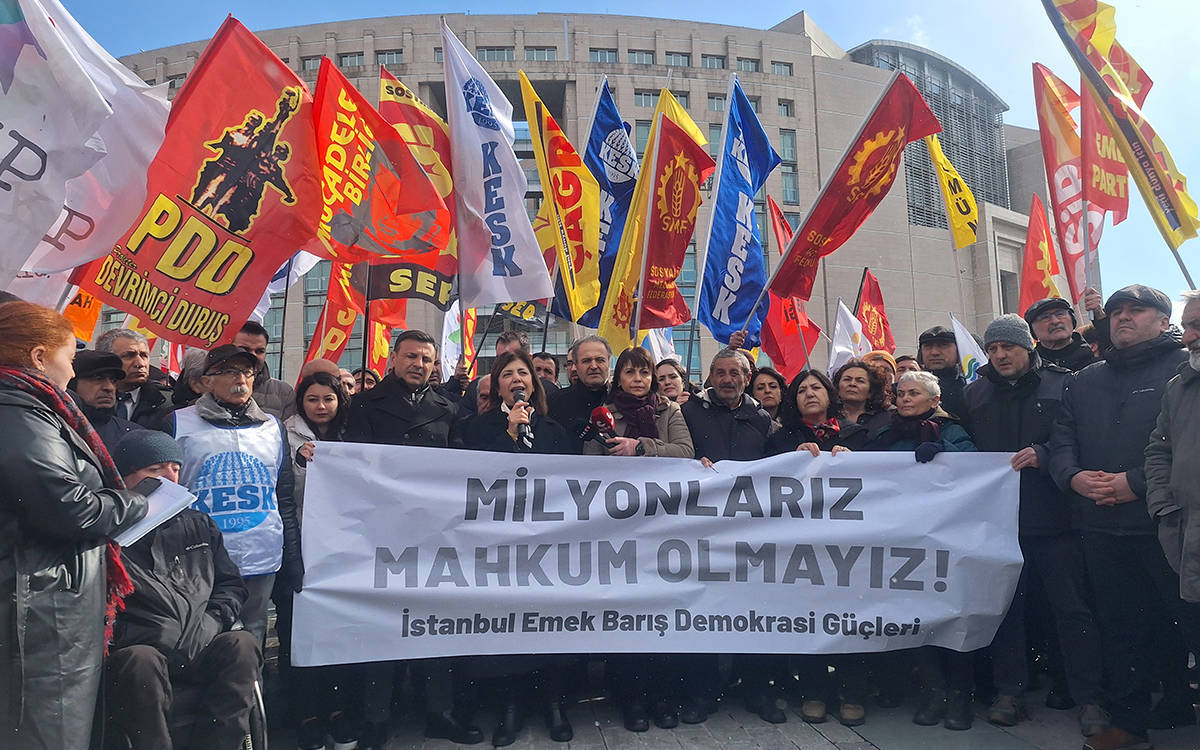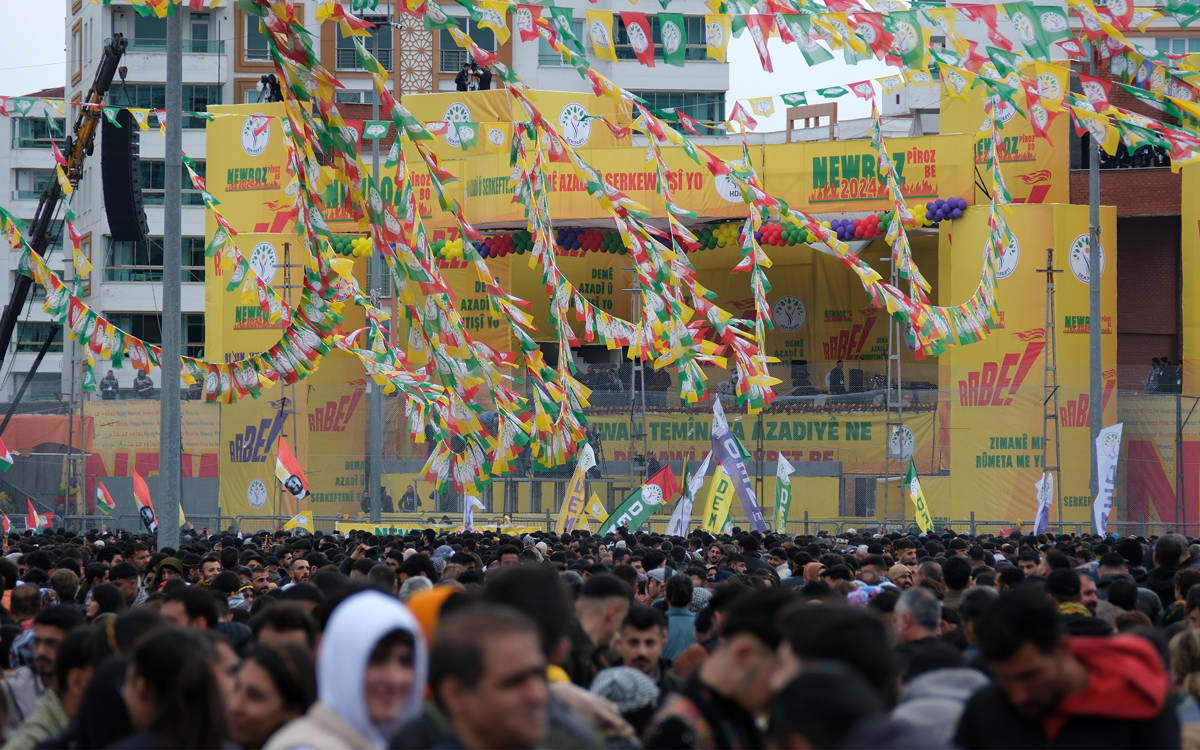* Photo: Anadolu Agency (AA)
Click to read the article in Turkish
Struggling against the novel coronavirus (COVID-19) at the very forefront, healthcare workers started to get the first jab of the vaccine in the second week of January 2021. The number of COVID-19 deaths started to decrease after they were vaccinated against the virus.
However, with the emergence of new coronavirus variants and the sharp increase in the number of cases across the country, healthcare workers have started to get sick again. According to the data shared by the Turkish Medical Association (TTB), 12 health workers have so far lost their lives only in April even though they were vaccinated against the virus.
As the incidence of the disease has been on the increase again among healthcare workers and some healthcare workers lose their lives because of it, it is now debated how protective the vaccine is.
In the first months of the vaccination campaign, the CoronaVac vaccine of China's Sinovac company was the only COVID-19 vaccine used in Turkey. There are now two vaccines, along with Pfizer/BioNTech.
But how effective is the CoronaVac vaccine administered to healthcare workers? How long does the vaccine remain effective? How effective is it against the virus variants? Dr. Emrah Kırımlı from the TTB Family Medicine Branch has spoken to bianet about the issue.
"We do not have 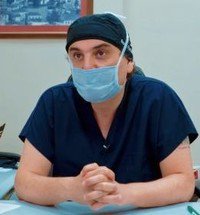 clear information about how long the vaccines protect against the virus," says Dr. Kırımlı, briefly adding:
clear information about how long the vaccines protect against the virus," says Dr. Kırımlı, briefly adding:
"We assume that a person who had the disease will not get sick again within six months. There are also some publications indicating that this period is eight months, but the data we have say six months.
"The Ministry of Health and its Science Board also presume that the antibodies offer protection for 180 days.
"So, it means that a person who caught COVID-19 or got the vaccine jab becomes eligible for vaccination again six months later. We were vaccinated in January-February. Under normal circumstances, it is time that we got vaccinated as the vaccines' effectiveness starts to fall."
'News of death from health workers'
At this point, Dr. Kırımlı underlines that Sinovac's COVID-19 vaccine is less effective in the face of virus variants:
"There has been a spike in the disease and, therefore, there is a gradual increase in the cases among healthcare workers. We did not get any news about COVID-19 deaths among health workers for some time. But we have started to get death news from them again.
"More importantly, mutations have been on the increase. We know that Sinovac's COVID-19 vaccine is less effective in the face of coronavirus variants. While mutations are so widespread, it needs to be considered to vaccinate healthcare workers again.
'Spike in disease, drop in protectiveness'
"It is impossible to say something certain about which vaccine protects to what extent, but we need to err on the side of caution. As we do not take public measures, the disease is highly widespread and the fact that it is so widespread reduces the protectiveness of the vaccine.
"Antibodies decrease as well, its effectiveness also drops. For this reason, health workers must get the reminding dose. It would be a luxury to wait for the deaths to increase again, this risk must not be taken."
'We could curb its spread with enough vaccination'
Dr. Kırımlı underlines that the failure to administer enough vaccines also decreases the effectiveness of the vaccine:
"Moreover, if we had vaccinated enough, if we had vaccinated 80 percent of society, we could curb the spread of the disease. We could not do it, so we have reduced the effectiveness of the vaccine.
"According to the studies conducted in Turkey, the vaccine prevents the disease by 80 percent and hospitalization by a hundred percent. But it is not what happens in reality. Both the number of inpatients and the number of those who catch the disease are higher.
"Chile also administers Sinovac's vaccine. They have announced that it prevents the disease by 50 percent and hospitalization by higher percentages. But the disease is not as widespread in Chile as it is in Turkey. The disease is more widespread in our country now. The protectiveness of the virus is closely related to the viral burden. When the disease is widespread, the risk of catching it also rises. This needs to be reduced."
'We don't know its protectiveness against variants'
Commenting on the protectiveness of the vaccines against variants, Dr. Kırımlı concludes his remarks briefly as follows:
"It is said that the vaccine is protective against the UK variant (V1), but there are actually the Brazil (V2) and South Africa (V3) variants. V3 is also widespread in Turkey and we do not know its protectiveness.
"When you catch the V1, you get seriously ill and the period of transmission is longer as well. It is longer by 60 percent. There has been a boom in the countries where there is the V1. For instance, the United Kingdom (UK) introduced a 5-month lockdown."
The healthcare workers who died of COVID-19 in April: Dr. Hakan Sirek, Dr. Vehbi Demirkol, Prof. Dr. Kadir Can Özkan, Binnaz Aksoy (pharmacy technician), Prof. Melih Aktan, Nurse Nurcan Doğan, Ercan Usta (anesthetist), Dr. Ömer Faruk Kuruhasanoğlu, Yaşar Gürlek (İstanbul Eyüpsultan District Health Directorate contact tracing team - dental technician), Mehmet Duman (hospital police), Veterinarian Ferdi Alan, Savaş Küçükoğlu (pharmacy technician) NOTE: According to the statement of Health Minister Fahrettin Koca on April 1, 1 million 100 thousand health workers had been vaccinated thus far. |
(RT/SD)
* You can access information about the healthcare workers who lost their lives in Turkey due to COVID-19 at the TTB "Black Ribbon" website https://siyahkurdele.com/.





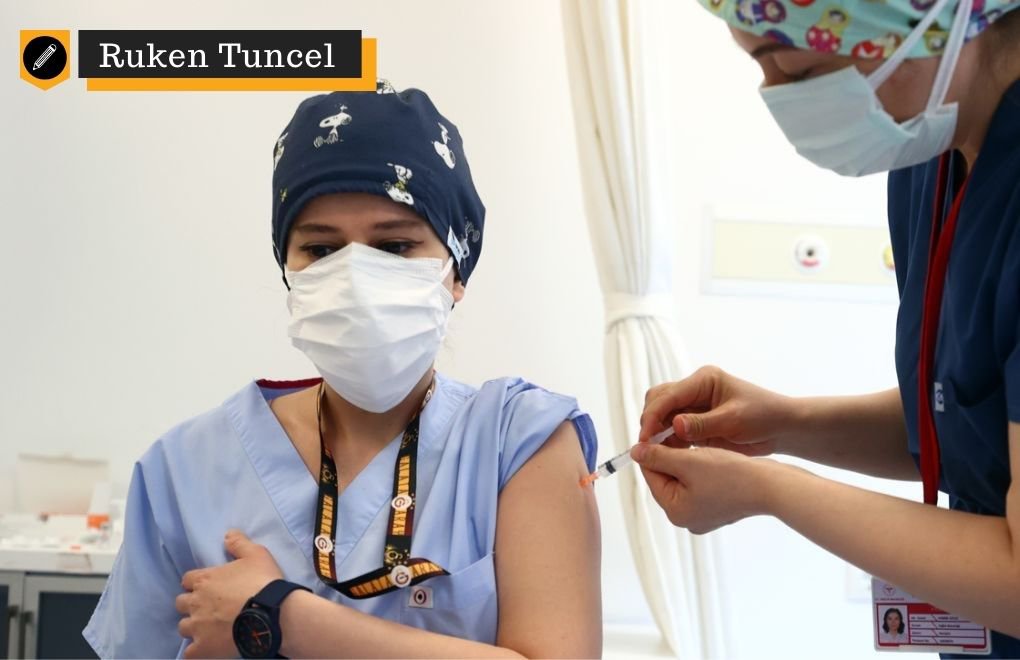

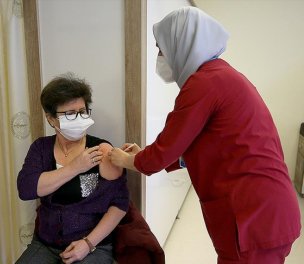
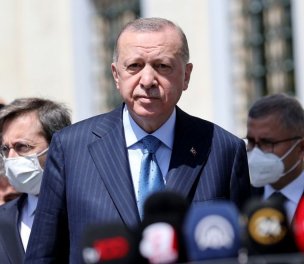
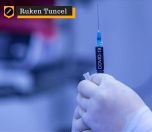
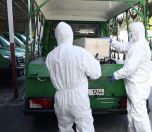
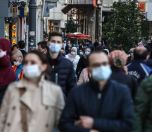
-132.jpg)
